A member of both dentsu Japan and Dentsu Corporate One Inc., Takuma Takasaki was presented with the 2023 Creator of the Year Award* by the Japan Advertising Agencies Association at a ceremony in Tokyo on May 31, 2024. He was recognized for having expanded his creative abilities beyond advertising to co-write the script for,
and co-produce the internationally acclaimed film, “PERFECT DAYS,” which is said to have inspired many working in Japan’s advertising industry, especially younger audiences. This marked the third time Takasaki has received the award. In this installment, we interview Takasaki to discuss his creative approach in the making of the film PERFECT DAYS, his valuable experiences on set, and his insights into the current state of advertising creativity.
| * | Sponsored by the Japan Advertising Agencies Association (JAAA), the award recognized creators who had produced the most outstanding creative work in 2023. This marked the 35th time the awards ceremony had been held since it was established in 1989. |
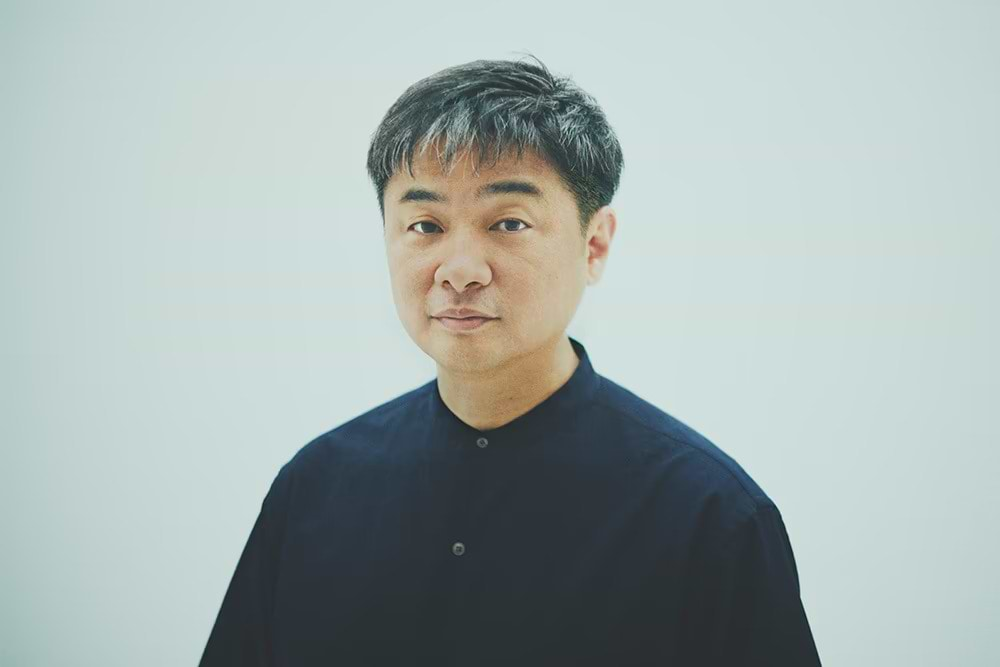
He has authored a number of books, including Techniques of Expression (published by Chukoubunko.); the novel Auto Reverse (published by Chuokoron-Shinsha, Inc.); and the children’s picture book Pitch Black (published by Kodansha Ltd.).
He also hosts the radio show Bits & Bobs Tokyo on J-Wave. Takasaki is the co-writer and co-producer of the film, “PERFECT DAYS.” whose leading actor Koji Yakusho won the award for Best Actor at the 76th Cannes Film Festival in 2023.
Another year to pound away like Super Mario
—Congratulations on your third Creator of the Year Award. How do you feel about this win?
Takasaki: Looking back at these awards over the past few years, I get the feeling that the advertising industry is looking for new possibilities. People are excited because they know new things are still possible, but there is also a sense of confusion and a desire to explore that may linger on for a while. There are no straightforward solutions, which is a wonderful aspect of advertising, so the current state of affairs seems appropriate in a way. Personally speaking, now that I am older and have built up experience, I can finally see the “broader picture.” I often think about how to proceed to the future. In any case, I want to live my life conscientiously and with dedication.
It has been 10 years since I last won the prize, so this time I feel I have a year to keep pounding away like Super Mario. In other words, I have a responsibility to do even better work. I’ve been asked about what I plan to do over the next year. Whatever happens, I want to try my best. My apologies for sounding banal.
Idea reflects regard and respect for cleaners
—PERFECT DAYS was critically acclaimed in Japan and abroad. Tell us about the film’s backstory and your approach?
Takasaki: PERFECT DAYS was born from The Tokyo Toilet project, which was the personal brainchild of Koji Yanai, Group Senior Executive Officer at Fast Retailing Co., Ltd. His concept for the project was to create public toilets that anyone would be comfortable using, an idea with which I empathized.
We discussed many aspects of the project, such as public awareness issues, differences between art and design, and the limits of advertising. Initially, we didn’t really think about the particulars of advertising, such as the budget we would need, what specific issues could arise, or how to deal with them. While thinking of ideas together, we decided to create a short movie portraying a public toilet cleaner. This idea came from our appreciation and respect for cleaning staff.
At that point, we stopped thinking about PR and advertising; they did not seem to be the right approaches. Instead, we started talking about altruism. We were drawn to people who live their lives for the sake of others. The main character in PERFECT DAYS, Mr. Hirayama, cleans toilets for other people every day. In the real world as well, countless people live their lives for others.
Mr. Yanai wanted to put together an international team and make the production as big as possible, in order to attract popular interest in the film. He was really driven.
I immediately proposed team members who I thought could handle the project, based on my experience. But my ideas were not accepted and I found myself thrown into an entirely new environment.
At every juncture, Mr. Yanai put me in a situation I hadn’t imagined before. It was an amazing learning curve. As a result of working with him for a few years, the way I think changed dramatically. I learned how to find ways to get people excited even though I myself wasn’t initially fully on board.
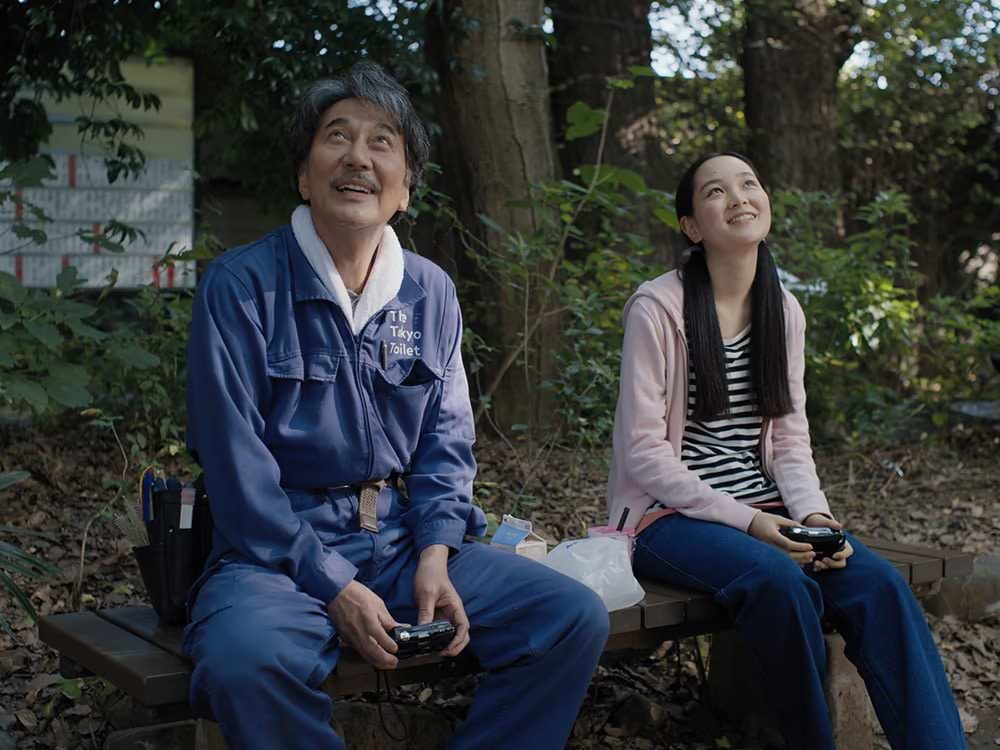
Photo: Film “PERFECT DAYS”
The "sense of being in a dark cave” was a vital process
—From a creative perspective, how does your approach to producing films differ from that which you use to produce commercials?
Takasaki: Films and commercials are completely different. Many techniques acceptable for making commercials are sometimes not acceptable for films. I fully considered all of the differences. I felt as though I had to switch operating systems in my head.
Then I imagined my ideal films. I’m not at all interested in techniques such as foreshadowing, and so searched for aspects that do not involve those techniques. Having had no briefing, I had to grope for ideas inside my head. The whole time we were making the film, I felt I was in a dark cave. Still, that was a vital part of the process. The ideas I came up with then became the core of the film.
—You have worked with famous directors Yoji Yamada and Wim Wenders. What did you learn from them?
Takasaki: People who are truly remarkable have a wonderful sense of humor. They seem to go beyond the ordinary. They do not compromise on certain things, but they are very intelligent and generally fun to be with. I feel this is true among most people at that level. I could never be like them, which is the reason I admire them. Their brains are working all the time. Thinking comes naturally to them. For them, coming up with new ideas is as natural as breathing. I just do my best to keep up with them.
Wim Wenders taught me all about films over the past two years. His methodology is very original; there’s nothing else like it that I know of. He would always say, “Filmmaking starts with the way you make the film.” I was really inspired by that because, if you follow this approach, the things you make will be original.
I learned so much at every stage of making the film: how to observe characters, search for locations, interact with the cast, make schedules, write and edit the scripts, set up cameras, prepare for film festivals, and be interviewed by the press. I feel nothing but gratitude.
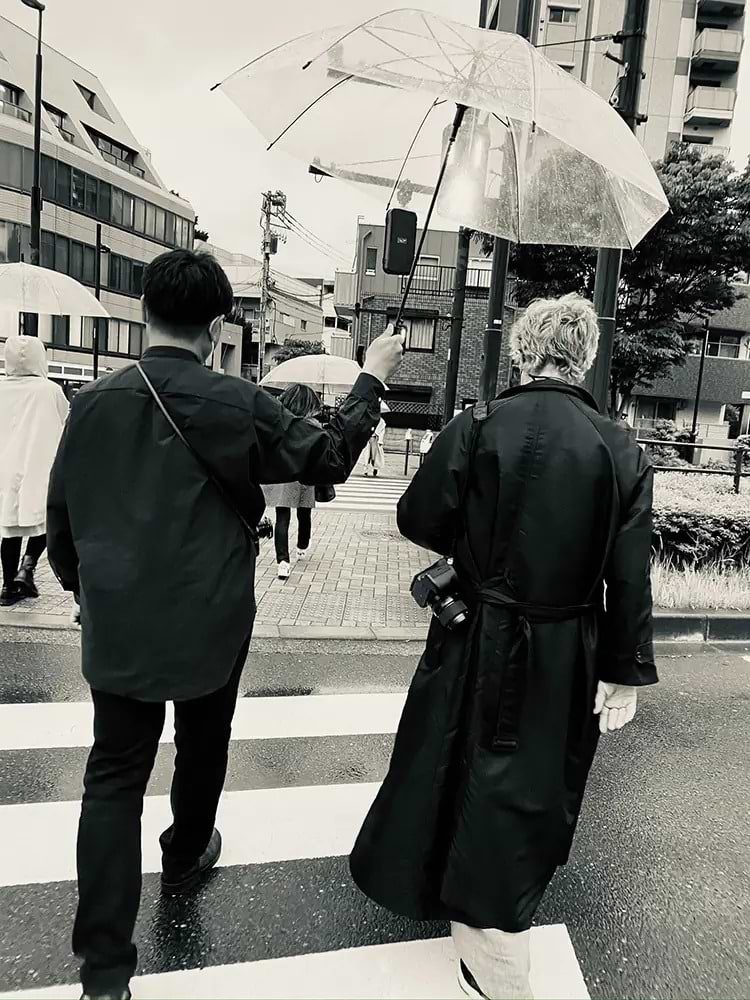
I think of movies as a language. I have become very conscious of this over the past 30 years of making commercials. Whether they are old or new, films can move people. Foreign films in other languages can also resonate with us. We can understand a lot of things by watching movies. They can transcend time and space. Given the rich potential of films, I think we should treat them seriously.
While this may be off topic, I believe the divisions between people will continue to widen. Generation gaps and lifestyle differences aside, physical relationships are likely to grow more ambiguous. When that happens, culture may be a major factor in bringing people together again. Films, music, books, and art have the power to do that. When people are impressed by the same thing, they have a basis on which to connect with each other. That’s how I feel these days; shared experiences are something to be treasured.
Thanks to PERFECT DAYS, I met many people in the film industry from around the world. Through films, I felt a close affinity with every one of them, regardless of whether I really like them or my ideas differ from theirs. In this respect, the potential of films is really amazing. After experiencing this connectedness in other countries, I felt that in Japan, we seem to be drifting apart. Should that happen, we will lose something truly important.
Always think how to do more—then the miracle happens
—How do you view the current state of advertising creatives?
Takasaki: When I joined the advertising industry, television was the medium that everyone watched, and I think it was obvious to everyone that the television commercials being produced were part of our culture. Advertising was a source of many trends. Thanks to the brilliant work of our predecessors in the industry, we could also spark countertrends.
Today, however, we have reached a point where we have to create the medium itself. We must both conceive original ideas and invent ways to attract viewers because, if we focus on just one aspect, we won’t reach viewers. It’s really tough for everyone in the industry right now.
—A recent trend has been to push creativity beyond advertising. Have you been following it?
Takasaki: I’ve never produced things with the goal of expanding them. I just want to get results, so I do what I can for that purpose. I try whatever is possible and everything I can think of. That’s the way I’ve approached and worked on things.
Instead of just meeting client requests, I always try to think of how to do more for them. It’s easier to get approval for producing something based on previous work, but if that is all you do, the miracle won’t happen. Where do people and companies come in contact with each other? How are people affected when that happens? What are they interested in, and what do they hope for? It’s really exciting to imagine such things. That’s where new ideas come from. Once I envision what to do, I feel compelled to do whatever it takes to make it happen.
Some of Takasaki’s major creative projects

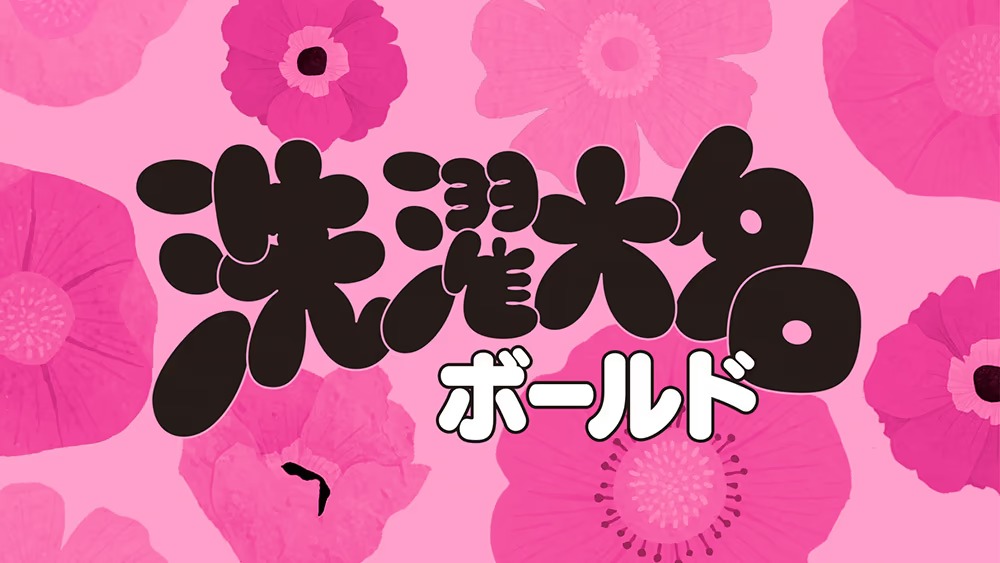
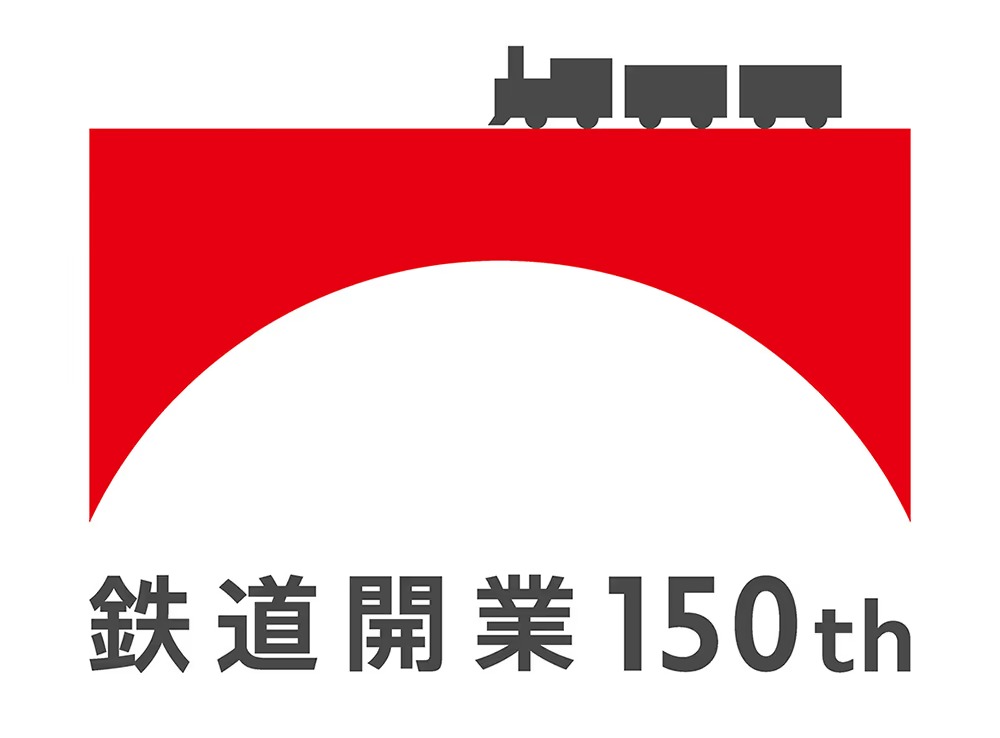
—What advice would you give young and/or aspiring creators?
Takasaki: If you produce something solely for the purpose of advancing your career, the lack of depth will ultimately be reflected in your work. Your style of expression will lose its attraction. If you dream of self-promotion, your dark side will show itself. Receiving awards and recognition feels wonderful and reassuring, of course. But it also gives you an opportunity to follow up with even better work.
Well, now I feel as though I’m just talking to myself. But, in any case, living for other people is really gratifying, so I hope creators never forget that feeling.
—As a final question, what do you think being a creator means?
Takasaki: I see in a creator someone who can make people excited through a project. Because of the creator’s ideas, colleagues are happy to work on the project; clients feel satisfied with the work; and the advertisement brings pleasure to people who see it. Creators find ways to do those things. Creating something can be really tough, so it’s better to create an ad with that belief, since it will be tough anyhow.
Whether or not an ad can be really successful depends on the idea, and creators are responsible for that. It’s not a matter of whether or not they can create a successful ad—rather, it’s a matter of whether or not they have the will to do so. If they are determined, even if they fail, they will learn from their failure and try again in the next project. That’s the kind of creator I aspire to be.
